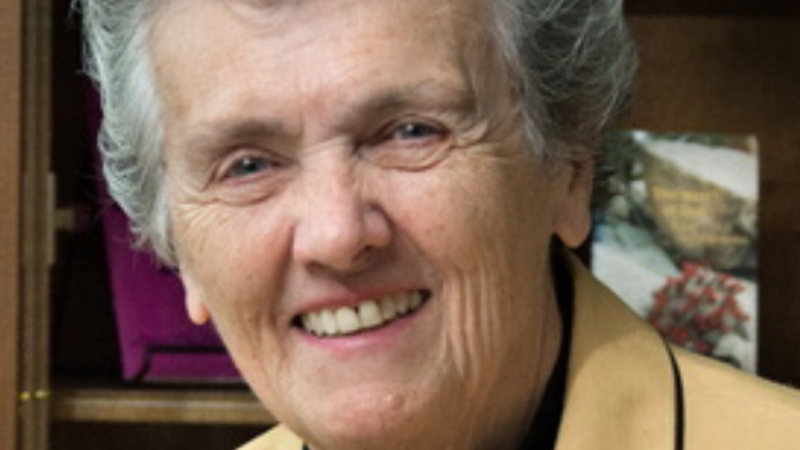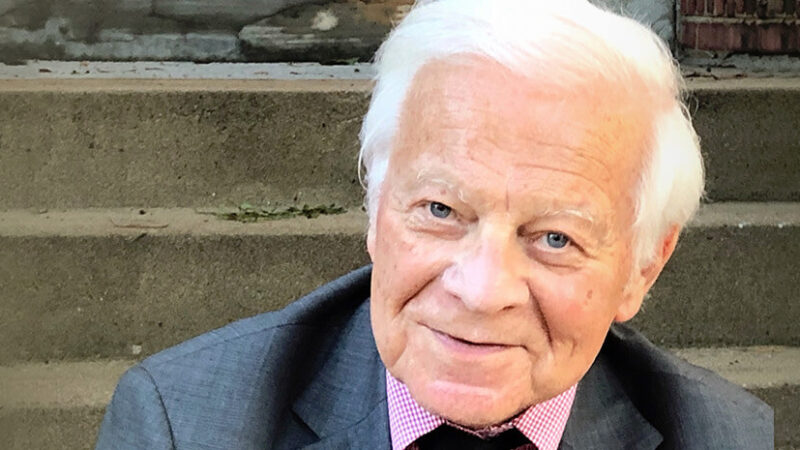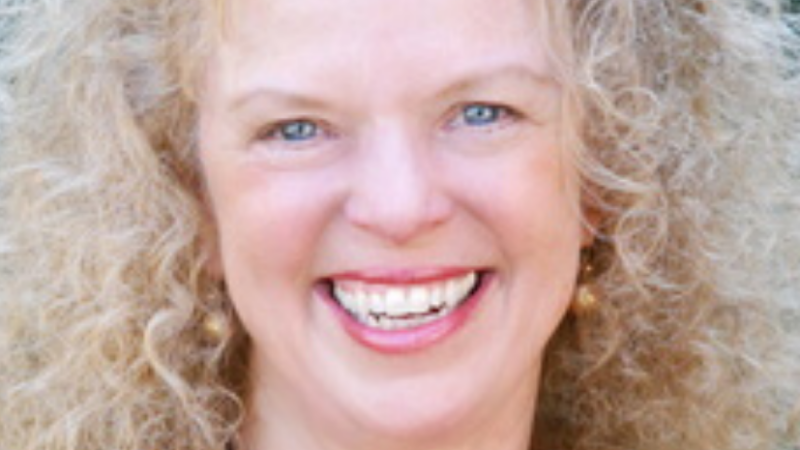Dear friends, we are honored and excited to bring you the first ever Mindfulness-Based Stress Reduction program delivered in a fully online format. Now you enjoy and benefit from the very same curriculum that has been offered in-person in the comfort of your own home, in a self-paced, interactive training program.
In 1979, Jon Kabat-Zinn founded the Stress Reduction Clinic at the University of Massachusetts to bring a form of meditation known as mindfulness into the medical mainstream. Mindfulness is a basic human quality, a way of learning to pay attention to whatever is happening in your life that allows you a greater sense of connection to your life inwardly and outwardly. Mindfulness is also a practice, a systematic method aimed at cultivating clarity, insight, and understanding. In the context of your health, mindfulness is a way for you to experientially learn to take better care of yourself by exploring and understanding the interplay of mind and body and mobilizing your own inner resources for coping, growing, and healing.
Nearly three decades of scientific research at medical centers all over the world suggest that training in mindfulness and MBSR can positively and often profoundly affect participants’ ability to reduce medical symptoms and psychological distress while learning to live life more fully.
Since its inception, more than 20,000 people have completed the MBSR training program. They have been referred by more than 5,000 physicians, by hundreds of other health care professionals, and through self-referral. These participants have been strongly motivated to do something for themselves—something no one else can do for them—by learning to draw upon their inner resources and natural capacity for greater health as well as balance, ease, and peace of mind.
The MBSR Online Course is the only complete online training in MBSR and follows the same, well-respected method taught at the Center for Mindfulness in Medicine, Health Care, and Society at the University of Massachusetts Medical School. This eight-week course offers the curriculum and methodology developed by Jon-Kabat Zinn and is taught by Center for Mindfulness director Dr. Saki Santorelli, and senior instructor Florence Meleo-Meyer.




